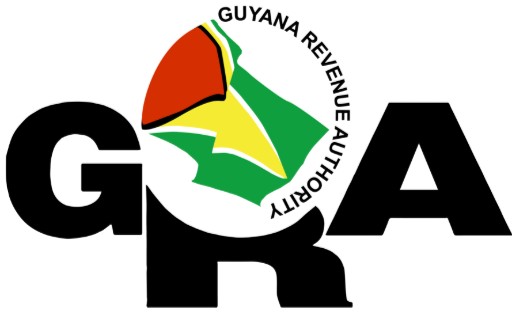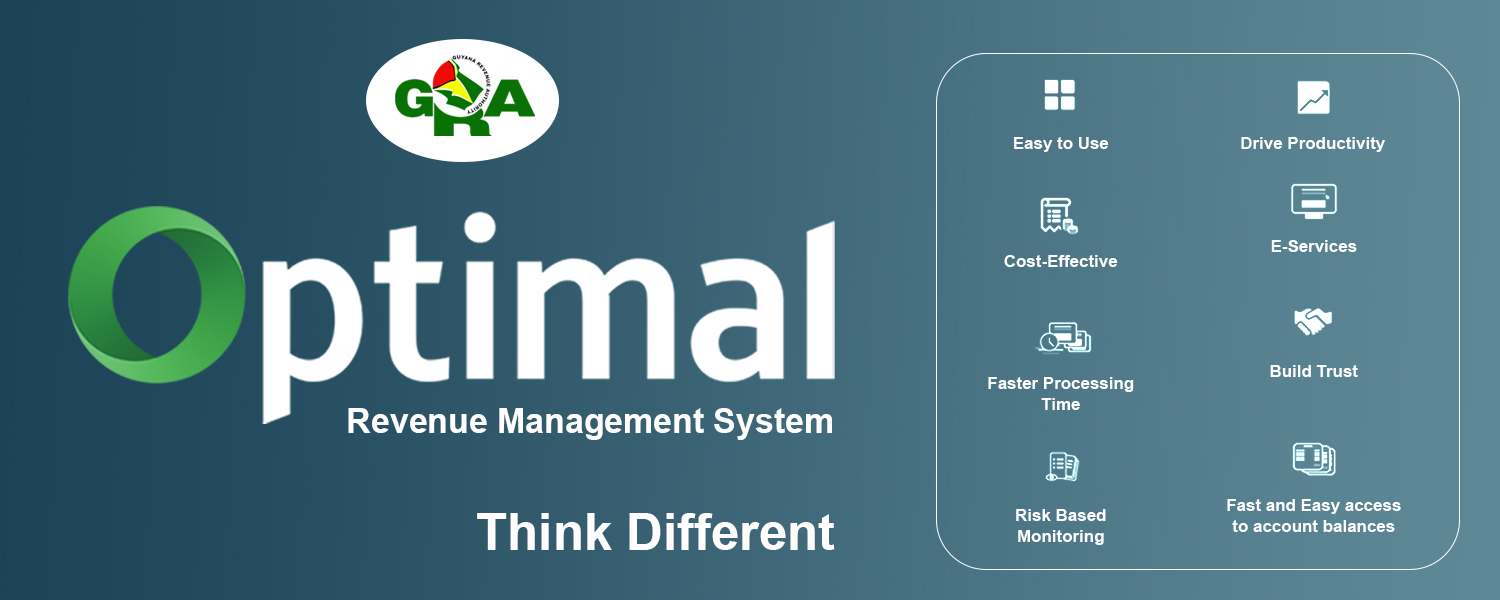HOW DO I REGISTER NEW MOTOR VEHICLE
In providing accessible, dependable, and timely services, the Licence Revenue Office continues to improve its service delivery, providing for a smooth flow of the registration process. For the process to successfully work, registrants must ensure that all requirements are also met when registering for the various services.
REQUIREMENTS
Upon making an application for a Motor Vehicle Registration, the applicant must produce the relevant documents to the Licence Revenue Office:
- Completed application form
- Payment receipt, Assessment Notice
- Original invoice/ packaging list
- Bill of lading (Way Bill)
- Original Manufacturer’s Certificate or Salvage Certificate
- An official translation of the registration or cancellation where the country of origin is a non – English speaking one
- E/SAD Declaration or C72 Form
- Official identification (valid ID or Passport or Driver License)
- Taxpayer Identification Number (TIN)
- Tax Exemption Letter (if applicable)
NOTE: If the vehicle was purchased locally, an Assessment Notice and the Official translation of the registration will not be required.
PROCEDURE
- The Licence Revenue Officer will peruse the documents presented and issue a lodgment slip to the applicant, who will be advised to visit the Motor Vehicle Examination Unit with the vehicle to have same examined.
- A physical examination of the vehicle will be conducted by the Licence Revenue Officer and Customs Officer to verify the details on the application form and other supporting documents e.g. engine and chassis number. Checks will be made to verify whether or not the vehicle is tinted. If the vehicle is tinted, a check is conducted to ensure the tint falls within the limits of the law. The Customs Officer also verifies the calculation of the taxes paid by the applicant.
- If both Customs and Licence Revenue Officers are satisfied with the examination, an examination form is completed by the Licence Revenue Officer.
- A verification of the documents submitted and examination form is done and once the information is confirmed, the system is updated with the relevant details and a new registration will be printed.
- The applicant returns to the cashier to effect payment, where he/ she is issued a receipt.
- The applicant produces the receipt to the Licence Revenue Officer who then issues the original Certificate of Registration for the motor vehicle.


